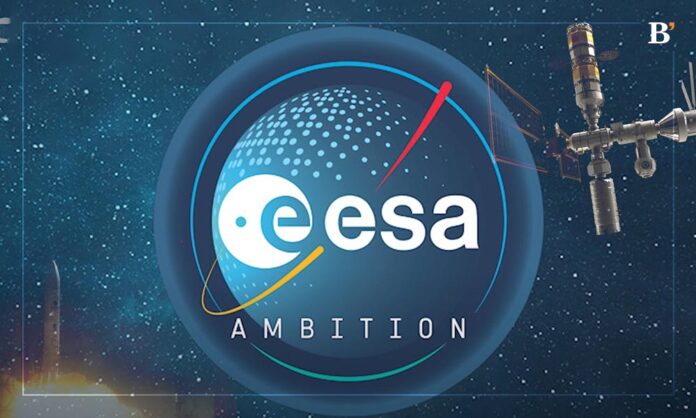Key Highlights
- The UK’s return to the Copernicus program boosts climate-tracking and space development, but funding details are still pending.
- Despite Brexit, the UK’s contribution through the European Space Agency (ESA) remains unaffected, ensuring ongoing space-based climate monitoring.
The European Space Agency expressed its approval of Britain’s decision to rejoin the Copernicus program in Europe. This move alleviates concerns regarding the future of climate-tracking satellites and the ongoing development efforts of European space companies.
UK’s Return to Copernicus and Horizon Programs
Britain announced its intention to once again become a full member of both the Copernicus program and the European Union’s Horizon science research program, putting an end to the two-year funding dispute that had arisen in the aftermath of Brexit.
- The Copernicus program consists of six families of Sentinel satellites designed to monitor essential aspects of the Earth, such as carbon dioxide levels.
- Plans for an additional six “Sentinel Expansion” missions, scheduled to commence in 2026, were uncertain due to a funding gap of 721 million euros, primarily resulting from Britain’s departure from the EU.
Following the agreement reached, Director General Josef Aschbacher noted that this deal would enable UK scientists and industries to fully participate in one of Europe’s foremost space programs.
Concerns and Agreements in Space Funding
Aschbacher emphasized the significant contribution of the UK’s complete participation to the climate-change agenda, which heavily relies on daily space-based observations of our planet. This agreement also comes as a positive development for satellite manufacturers, including Airbus in Europe, Thales in France, and OHB in Germany, all of which had been awarded contracts to construct the new series of satellites, contingent on securing EU funding.
- The recent political agreement between the UK and EU is a positive step, but funding details for Copernicus are still being sorted out, with no breakdown provided for the 721-million-euro funding gap.
- Britain’s direct contribution to Copernicus via ESA remains unaffected.
Director General Aschbacher had expressed concern about support for climate change measures, emphasizing the importance of not leaving a gap in the Copernicus budget to maintain Europe’s commitment to combating climate change.
In other news, ArianeGroup, owned by Airbus and Safran, reported a successful test of the Ariane 6 space launcher’s main stage.
FAQs
1. Is the European Space Agency supportive of the UK’s satellite deal with the EU?
Yes, the European Space Agency has expressed its approval of the UK’s decision to rejoin the Copernicus program, showing support for the UK’s satellite deal.
2. How important is closing the Copernicus budget gap?
Closing the budget gap is crucial to maintain Europe’s commitment to combating climate change, as emphasized by Director General Aschbacher.
3. How does the agreement benefit UK scientists and industries?
The agreement enables UK scientists and industries to fully participate in one of Europe’s leading space programs, supporting climate-change initiatives and benefiting space-based observations.




